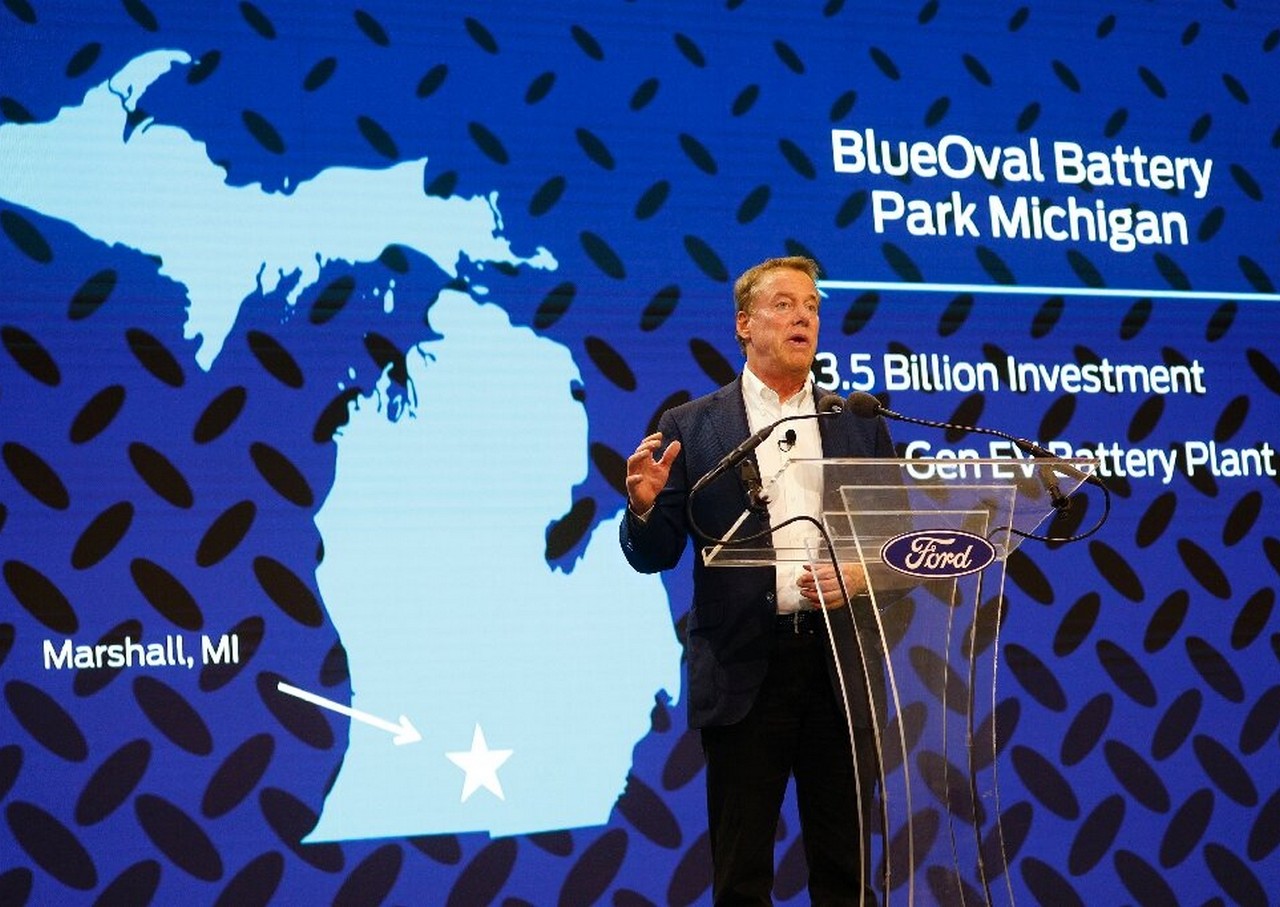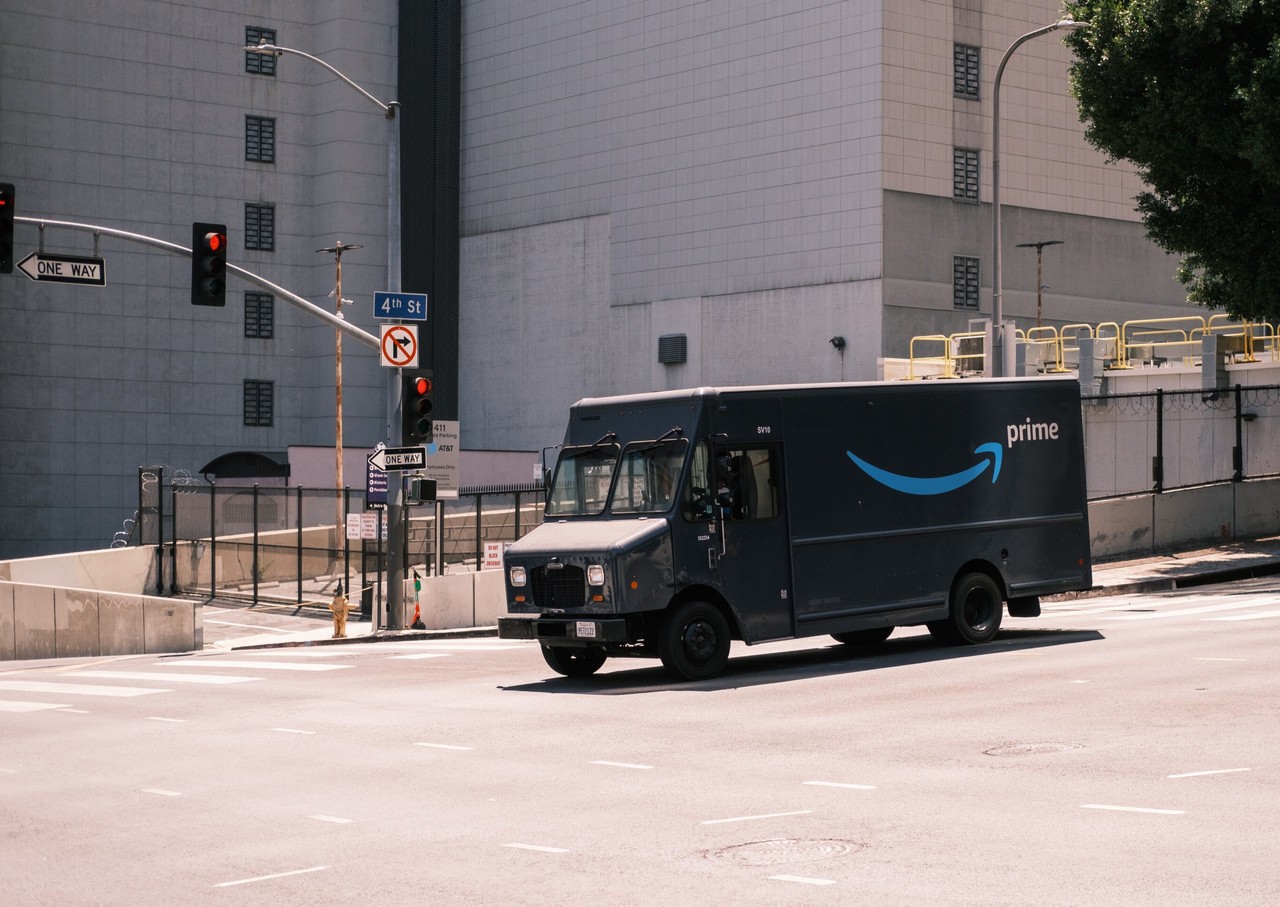The strikes by tons of of Amazon employees on the firm’s Coventry warehouse within the English Midlands have introduced into reduction a number of the issues of labor in at the moment’s high-tech society.
Whereas primarily centered on pay, the employees are pushing again in opposition to lengthy hours and an automatic surveillance system that instances how lengthy they take to do every activity, in addition to going to the bathroom. All of it contributes to a excessive strain and intensive work setting—plus extra accidents.
We’ve got a lot to be taught from this painful state of affairs about the way forward for work and expertise. On the one hand, Amazon’s complete employment mannequin goes in opposition to the overall assumption that expertise destroys jobs. Equally, nonetheless, the corporate’s employment practices present how automation could make workplaces oppressive, forcing employees to develop into extra like robots.
Pessimistic predictions in regards to the menace to jobs from expertise are nothing new. One regularly cited research printed in 2013 predicted that as much as 47% of jobs within the US could be eliminated by automation over a 20-year interval. Now that we’re midway by that interval, jobs within the US stay plentiful and unemployment is low. Equally, there’s proof from Germany that the usage of robots has had no impact on whole employment.
Throughout the G7 as an entire, employment has been holding up nicely. Other than a COVID blip, unemployment has usually been falling for the previous decade despite automation and robotics regularly turning into extra essential to workplaces. The fact is that paid employment has been surviving bouts of technological progress for hundreds of years.
Because the Amazon instance suggests, the higher menace from expertise is nearly actually to the standard of jobs. This menace ought to concern us in serious about methods to make use of and deploy expertise in workplaces now and sooner or later.
Reimagining automation
In a latest paper, I put ahead a few primary ideas associated to the goals behind automation for society as an entire.
Firstly, automation ought to assist to advertise extra significant work. In discussions about the way forward for work, fears of job losses are sometimes the start line for arguing that employees’ wages will have to be changed by a common primary earnings. However this sees work as purely instrumental, pursued for earnings solely. Work additionally issues for who we’re and are in a position to develop into.
When you acknowledge these intrinsic advantages to doing a job, it turns into essential to see expertise not as a approach to eradicate work however to make it higher. This implies automating the least interesting facets of labor. Expertise ought to complement labor that enlivens and enthuses employees. You may see the potential in sectors as various as farming, the place robots can substitute the human toil of harvesting produce, and drugs, the place they can be utilized to move issues like medical waste round hospitals.
Secondly, automation ought to make it doable for individuals to spend extra time away from work. This isn’t to contradict the concept work is helpful for our well-being however to acknowledge {that a} life nicely lived entails experiencing rewarding actions in and out of doors of labor. Automation ought to make extra time for us to attain well-being in work and leisure.
The fact
Sadly, these goals will not be usually the precedence with technological development. This stems from the truth that staff have much less say over its nature and course than employers, which explains why automation makes many employees anxious.
When employees are given extra say, the dynamic can change. Take Germany, the place there’s proof that the usage of robots has really improved the probabilities of employees staying in employment. The presence of labor councils and powerful labor unions in Germany appears to be a big a part of the reason.
This partnership strategy seems to have helped to create an setting that has protected jobs whereas permitting employees to upskill to regulate to technological change. It is no coincidence that Germany has the second lowest unemployment charge within the G7.
Amazon has been introducing robots over the previous decade to assist make its warehouses extra environment friendly too. It appears prone to scale this up within the subsequent few years, although the corporate insists this isn’t about eradicating jobs.
Time will inform on that entrance, however it’s onerous to be assured in Amazon’s strategy to expertise when its employees’ pursuits appear so subordinate to these of the corporate. In tandem with the UK protests, Amazon employees in locations just like the US and Germany have additionally been battling in opposition to its circumstances.
Amazon did agree in 2022 to type a European works council, which has employee representatives from 35 international locations together with the UK, and is consulted on firm points that cross borders. However the council’s operations are pretty restricted, whereas the corporate’s normal reluctance to interact with unions recommend that warehouse employees are nonetheless struggling to additional their pursuits.
In the long run, expertise will solely work for employees whether it is democratized. If employees and society moderately than massive tech firms akin to Amazon are to profit from automation, they should have a bigger affect and stake in it. If this may be achieved, much less and higher work stays the prize.
Supplied by
The Dialog







